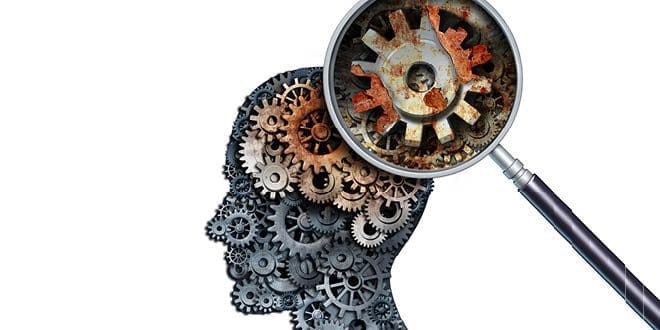People with higher blood levels of vitamin B12 experience a slower rate of brain aging as they get older.
As you age, your brain gets smaller; this is referred to as loss of volume. This happens more rapidly if you are low in vitamin B12. Your doctor can order a vitamin B12 blood test for you, but another way of checking if you have enough is with a blood test for homocysteine.
Research carried out at the Center for Alzheimer Research at Karolinska Institutet, Stockholm, Sweden found that “Vitamin B12 and tHcy [total homocysteine] might be independent predictors of markers of brain aging in elderly individuals without dementia”. The researchers based their findings on data from 501 individuals aged 60 years and older from the Swedish National Study on Aging and Care, in Kungsholmen.
From the beginning of the study until the 6 year follow-up, the mean total brain tissue (TBT) volume in the participants fell from 74.3% to 71.6% of the total cranial volume. People who had sufficient vitamin B12 in their bloodstream lost brain volume at a significantly reduced rate.
Vitamin B12 is found in animal foods such as eggs, poultry, seafood, meat and dairy products. Vegetarians and vegans are most at risk of deficiency, but so too are people with digestive problems. Vitamin B12 can be difficult to absorb, so even though you consume it in your diet or supplements, you might not be absorbing it into your bloodstream. That is why a blood test is the best way to check if you’re getting enough.


do you use the cyanocobalamin in your VB12?
Hi Carol,
Our U.S website sells B12 and it does not contain cyanocobalamin: https://www.liverdoctor.com/triple-b12-90-dots.html
Kind regards,
Jessah Shaw
Nutritionist